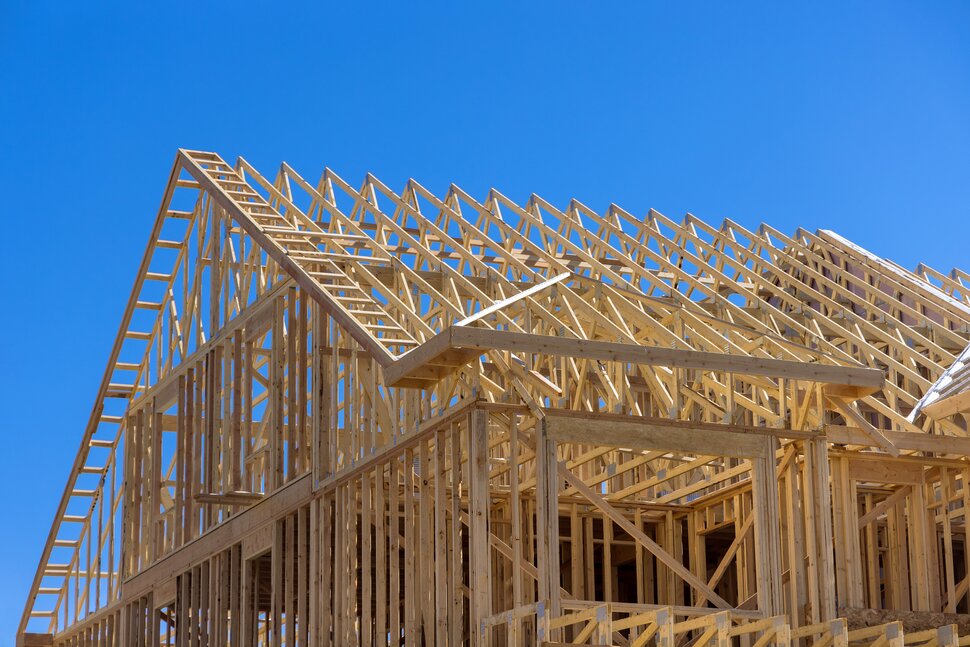Planning a construction project involves many moving parts, but one of the most crucial decisions is knowing when to bring a construction contractor on board. Hiring too early or too late can lead to unnecessary complications, increased costs, or project delays. So, when is the best time to hire a contractor? In this guide, we’ll explore the ideal timing and what factors to consider before making that all-important decision.
Before You Hire: Define Your Project Goals
Before you even think about contacting contractors, take time to define the scope and goals of your project. Are you building a new home, remodeling a kitchen, or adding an extension? The clearer your vision, the easier it will be to communicate your needs—and evaluate potential contractors.
Start by gathering inspiration, creating a list of must-haves, and understanding your overall budget. This will give you a strong foundation when it’s time to move forward.
Once You Have Architectural Plans or Drawings
One of the best times to start contacting contractors is after you have a solid design in hand. This usually means working with an architect or designer first to create blueprints or 3D renderings.
With drawings in place, you can provide contractors with an accurate representation of the project, making it easier for them to estimate costs, timelines, and materials. It also minimizes the risk of misunderstandings about the final result.
When Your Budget Is Ready
Another key indicator that it’s time to hire a contractor is when your budget is realistic and well-structured. Having a clear idea of how much you’re willing and able to spend helps guide conversations and ensures you hire someone who can work within your financial limits.
Keep in mind, many contractors will ask for upfront deposits or milestone payments—so financial readiness is essential.
If Permits or Approvals Are Needed
In many areas, construction projects require local permits or regulatory approval. While some contractors handle this process for you, it’s often a good idea to begin researching and applying for permits before hiring.
Alternatively, you can hire a contractor earlier if you know they have experience working with your local permit office and can speed up the process. It all depends on the complexity of the project and local requirements.
When You’re Ready to Commit to a Timeline
Timing is everything in construction. If you have a deadline—such as moving in before a specific season or coordinating with other professionals—you’ll want to hire a contractor several weeks or months in advance.
The best contractors book up quickly, especially during peak seasons. Hiring them early allows you to secure your spot on their schedule, reducing the chances of delays.
Before You Purchase Materials
While it might be tempting to get a head start by ordering materials, it’s often best to wait until your contractor is involved. They may have supplier relationships, better pricing, or recommendations that can save you money.
A contractor can also ensure that materials are ordered in the correct quantities and that everything meets project specs. Hiring them before buying materials avoids costly mistakes or returns.
Conclusion
Knowing when to hire a construction contractor depends on your project’s size, complexity, and preparation level. Ideally, you’ll bring one in after securing your design plans and budget, but before making major purchases or finalizing permits. Hiring at the right time sets your project up for success—helping to ensure clear communication, efficient scheduling, and quality results. So take your time, plan wisely, and reach out to contractors when your vision is ready to be brought to life.



